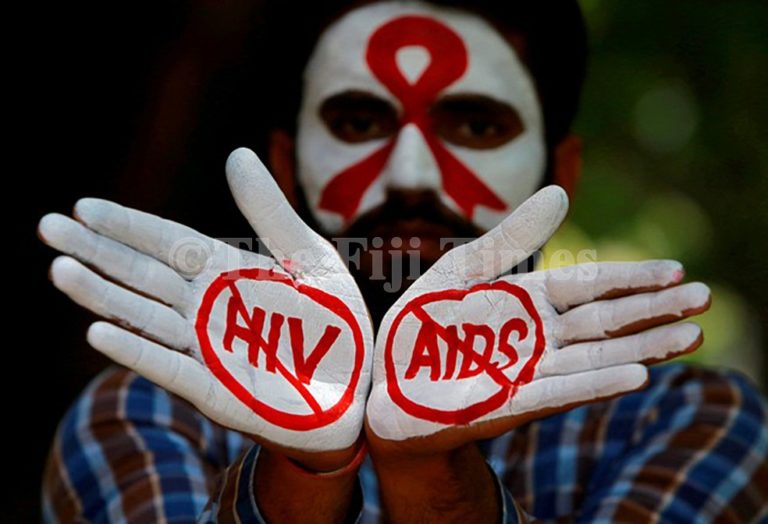FIJI lacks skills to deal with HIV/AIDS and drugs, says UNAIDS Pacific adviser Renata Ram.
She told The Fiji Times’ online portal, The Lens@177, this had led to an increase in HIV/AIDS cases in the country.
Ms Ram said in previous years, HIV was also less prioritised than other issues such as NCDs.
“If we look back historically on the HIV program in 2012, this was when HIV funding really dropped, but Fiji and largely in the Pacific Island countries, there has always been a low epidemic of HIV,” she said.
“At that point in 2012, it seemed that we had control of the situation. We were dealing with this quite well, however, it was not sustained beyond that, and there are many factors in play.
“In 2012 as well, we had an NCD crisis that was declared. So, health ministries across the Pacific, Fiji included, started relocating resources towards NCDs because that was the bigger issue here.
“Then we had all these outbreaks of dengue, we had Zika, we had so many other infections.
“Then we had all the natural disasters. So, there were a lot of different priorities for the Government at that time.”
Ms Ram said Fiji also does not have a very strong health system.
“So, slowly, all these things on HIV started getting off the agenda of the Ministry of Health because, you know, they seem to be doing well.
“However, in early 2018, 2019, we started getting some sort of indication that there was drug use in the country, but then it was more on drug trafficking.
“And then the drug use seemed to be people with disposable income having access to this, or mainly just sex workers, and not a lot of people were seen to be accessing drugs.
“However, now we see that this has become a wide problem, and as I said, it’s many factors in place, and it’s not someone who has been sleeping on the job and also not having the readiness to actually deal with the situation.”

